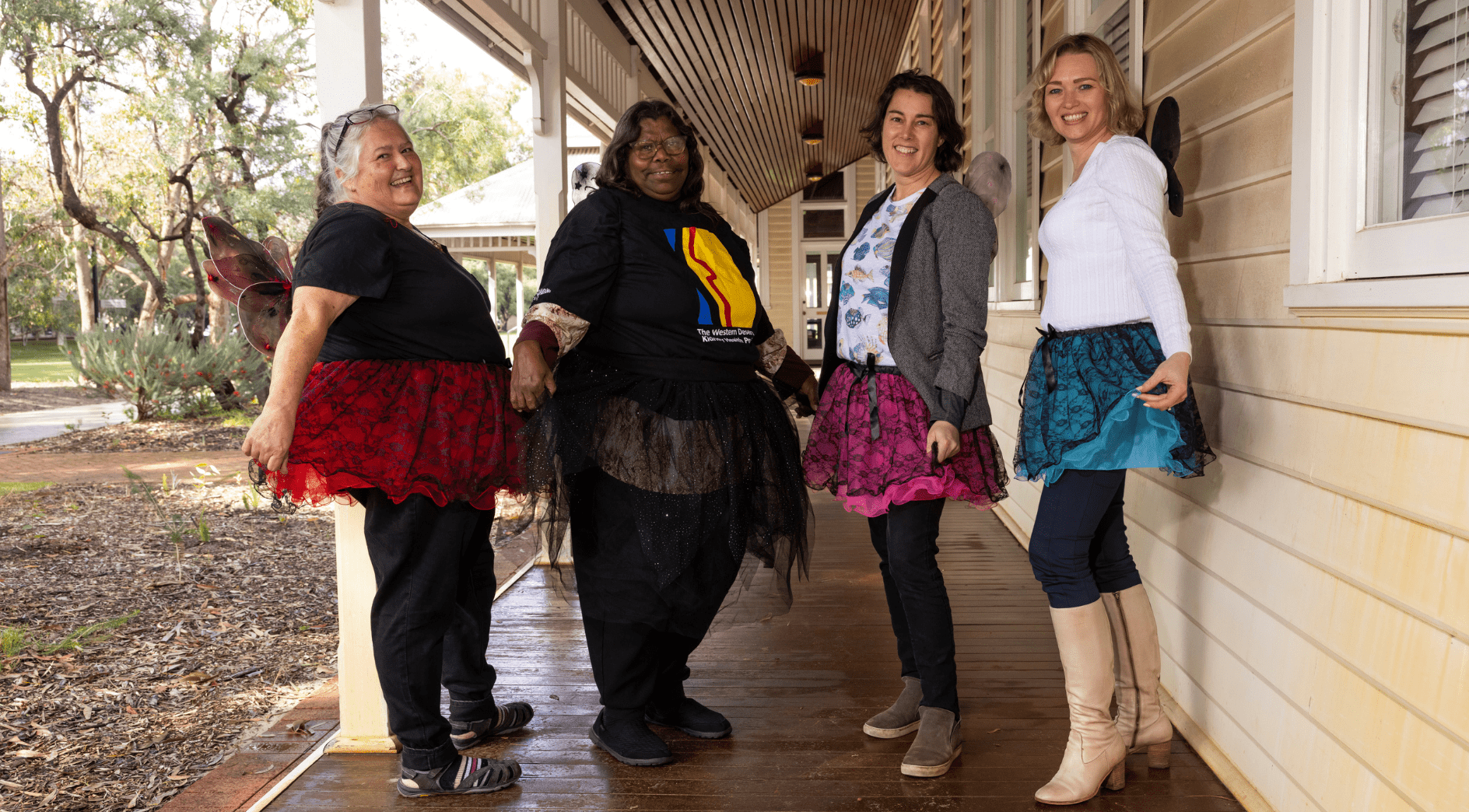Search

Exploring the challenges to mental and physical health fathers face during their transition to parenthood.

This Australian-first study will simultaneously identify childhood exposure to heavy metals in regional and remote communities and provide these communities with training in drinking water quality, STEM and dental hygiene.
Research
Maternal and Child Mental Health and WellbeingExamining the pathways of perinatal maternal mental health that influence child mental health outcomes.

The Children's Diabetes Centre provides student opportunities for integrated research and clinical projects across all our research areas.

Our researchers are trying to learn more about the effect different types of food have on blood glucose levels and how to give the best insulin dose to manage a variety of foods.

News & Events
Online safety for under 5'seSafety Early Years program and resources -tips to support children and families in online safety

News & Events
Research Symposium 2025In August the Children's Diabetes Centre hosted the second Research Symposium for the Global Centre of Excellence



News & Events
Congratulations Kate and AveniFantastic news for two of our talented researchers whose papers were featured in the Advanced Technologies & Treatments for Diabetes (ATTD) 2024 Yearbook.
